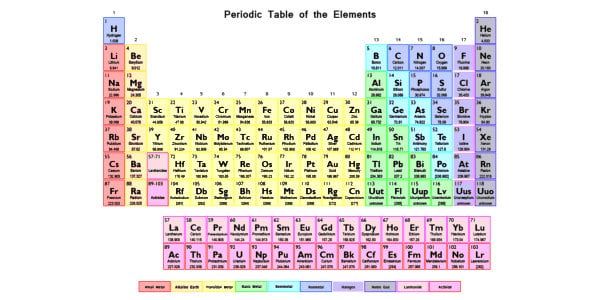“Ernie is dead” says Barry Blackburn on a long telephone call telling about the life and times of old friends, professors and students we knew from the University of Manitoba.
I met Susan’s second cousin, Ernie Bock, for the first time at her brother’s house west of Headingly, Manitoba. He might have been in his early 20’s learning the culture and language and pronunciation of English. There was perhaps an arrangement where he would help as a hired hand on the farm in summer. He was bound for the University of Manitoba to study chemistry as soon as possible. Everyone spoke of how bright he was. After all, his father had been a highly respected engineer in the old country.
Henry and his wife had a mature attractive teenage girl living with them that summer. Ernie engaged her in conversation every waking hour when not outside working. It didn’t take Ernie long to speak perfect English although he had only landed some months ago from a Mennonite village in Russia. It was said she had fallen in love with Ernie but he had rejected her intentions.
Just by accident Susan and I are invited to Aunt Susan’s place for an evening of socializing with her family and Ernie is there. When we arrive he is intensely debating Frieda’s husband about the intrinsic value of a job, specifically his: He’s an accountant who works for the government tax collection agency digging out those who have not paid, or who have not paid enough. He’s of French Canadian heritage.
I’m shocked at the severity of Ernie’s attack:”Such people are parasites on society.” This ends the debate. Then he turns to me.”What are you planning to do with your life?”
“I’m applying to the University of Manitoba this fall.” I felt quite proud of myself for being able to define my goal.
“But what are you going to do? You have to make a choice, you have to have a more specific goal.”
“Well I haven’t actually thought about that too much but I’m considering something along the lines of music, or art; be a musician or an artist.”
Ernie hardly allows me to finish the sentence when he almost shouts: “You’ll Never Get A Job in the Arts.” Then after a slight pause: “Try Chemistry. You’ll always have a job or two.”
Ernie went on to say he was already accepted in Honors Chemistry and he would get me in. And he did.
By 1957 I had achieved the B.Sc. Degree, by 1960 the M. Sc and 1963 the Ph.D. This was certainly not an easy road but Susan was loyal and helpful. Charles was born in 1963 the year we moved to the University of Georgia where Beth was born in 1967. I was offered seven jobs from industry and declined to apply to two academic openings when asked. After moving to Ontario in 1975 the Oklahoma Medical Research Foundation in Oklahoma City arranged a joint appointment and I actually did have two jobs at the same time in Chemistry.
Once I got started Ernie and I hardly ever saw each other. When I looked him up he was not interested in being friends. Because he was a bright student the Head of the Department had taken him into his own research group and when his degrees were finished, all achieved in the same Department, he was made a faculty member of the Chemistry Department. I assume his sharp intellect came out in debates over research results which he collected as a student. This was quite an achievement considering he was not even born in Canada.
In American Universities this would never have happened since the principle of not hiring your own was always followed. Many Canadian Universities did hire their own however, a practice still held in the clutch of their hands following the European model.
Time went on. Ernie married and had two kids. Soon after they decided to do a family trip to Ontario. Niagara Falls was a common tourist destination for Manitobans in those days. On the way a drunk driver T-boned Ernie’s car killing his wife and both kids. Since the other driver was American and this happened in a remote Ontario county, things didn’t progress too well, according to Ernie. In the end after two years the driver was fined $30; Ernie was furious since he did not see Justice being meted out. He would tell everyone bitterly: “$10 per kill”.
As a scientist I never met Ernie at meetings or conferences anywhere. There were no notices or accomplishments publicized and none showed up in the U of M yearbook. I assumed he was doing well and his research was successful. Maybe he had become a recluse.
At another family meeting at Aunt Susan’s we found out Ernie had married again, and again had two children: two boys. His sons grew to be good students and both entered medical school. But his wife had developed breast cancer and was by now terminal.
At this get together I remember Ernie carrying forth with:
“Is there a God? Tell me. This is a very simple question. Yes? OR No? Is there a God?”
There was no answer from any of us.
“If Yes, wouldn’t he be a fair God, fair to every human being? Wouldn’t you expect a God to be fair?”
You could see the agony this man was living in.
Years later he shot himself. In his office. With a gun in his mouth pointed towards his brain.
When they found him he was still alive but his son, the doctor, could not save him. They said the room was a mess of blood and flesh.
This is my Eulogy humbly written; never submitted.





